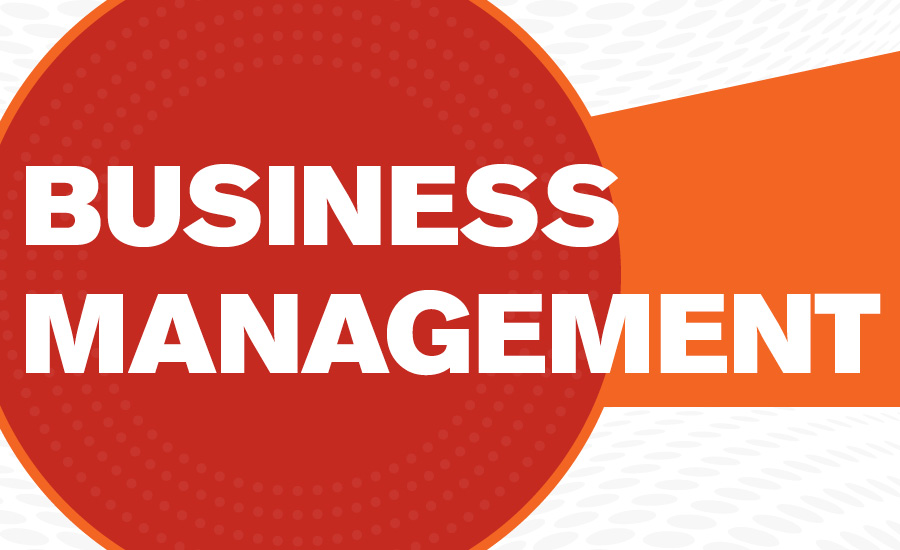Being a contractor isn’t an easy job by any means, there’s no doubt about it. When it comes to renovation projects and whatnot, the process differs a lot from field to field. However, some things always stay the same. Regardless of whether your profession has to do with HVAC, electrical, or plumbing, you’ve most likely noticed that clients tend to have similar concerns.
The Most Common Questions
After you’ve been in the business for a while, you will notice that a lot of the requests you get relate to more or less the same things, be it a license, insurance or even payment schedule. This indicates that homeowners or other any major customers tend to typically have the same things on their mind. Here are the five most common questions contractors usually get asked.
1. Do You Have a License?
HVAC contractors, as well as those who work with plumbing, electrical, gas or hazardous waste, need a license to carry out their activities, and so do residential and commercial ones. According to Home Advisor, licensing requirements differ from state to state, which is why most homeowners want to know all about it.
And if you operate in other countries outside of the United States, regulations might differ in both nature and the way in which they are applied. Thus, having a contracting license valid for the territory you are working in is important for both your professional integrity and your employer’s peace of mind.
2. Can I See Your Insurance?
You need to understand that simply knowing that you are insured isn’t enough for most people who want to hire you. As you may very well know by now, it’s important that you have liability insurance and workers’ compensation for your particular field of activity, which in this case is represented by heating, ventilation and air conditioning.
Usually, the best way to go about this is to show them the document upfront and let them analyze it. You have nothing to lose by doing them, and your client will certainly gain some peace of mind. When you operate in this industry, it’s essential to promote transparency regarding all of your practices, and this a helpful way to show that.
3. What Is Your Business History?
Potential employers usually want to know how long you’ve been in the business for. By being upfront about your business history, they won’t feel the need to dig it up themselves, which gives you extra points as far as transparency and professionalism are concerned. Referencing them to your past clients is also a good way to prove that you are trustworthy.
On top of that, being secretive about any negative incidents that might have occurred during your years of activity will only further the chances of the homeowner getting suspicious. Not all collaborations run smoothly, and this isn’t necessarily your fault. They will understand that as long as you’re honest about it, so don’t try to come up with intricate excuses.
4. Can You Give Me a Timeline?
This is perhaps the hardest question to answer because any contractor knows that difficulties might appear along the way and slow the process down. However, it’s important to understand your client’s need for a time estimate. After all, they want to know when their home will finally be fully functional again.
On top of that, there is a high chance that you will be working on more than one project at a time. This is not uncommon in the industry, and it’s better to delegate more tasks in order to maximize both efficiency and profits. But homeowners expect that too, which means that they will want to know even more when you will complete their requests.
5. How Should I Pay You?
The Better Business Bureau strongly advises against giving a contractor upfront the entire sum before they begin working on the project, which is why most clients will want to set up a payment schedule with you. This is something the two of you need to settle on so that your needs are met, and they also feel comfortable with whatever you decide.
There are two ways to go about this. You can agree on specific dates, either monthly or biweekly, and divide them into equal amounts. However, if you foresee that some delays might occur, then getting a part of the total each time a new stage of the process is completed is a better approach.
Conclusion
When working as a contractor in HVAC, or any other domain for that matter, you will soon be able to single out the questions you get asked all the time. Usually, they have to do with paperwork, experience, as well as time and price estimates. The essential thing is to handle them with professionalism and transparency.
Be honest and upfront about anything that your client might want to know. It won’t be hard for them to uncover if you’re lying, so why resort to such complications? By respecting your customers, you will ensure that they return the sentiment and your collaboration runs smoothly.
Publication date: 2/19/2018
Want more HVAC industry news and information? Join The NEWS on Facebook, Twitter, and LinkedIn today!




Report Abusive Comment